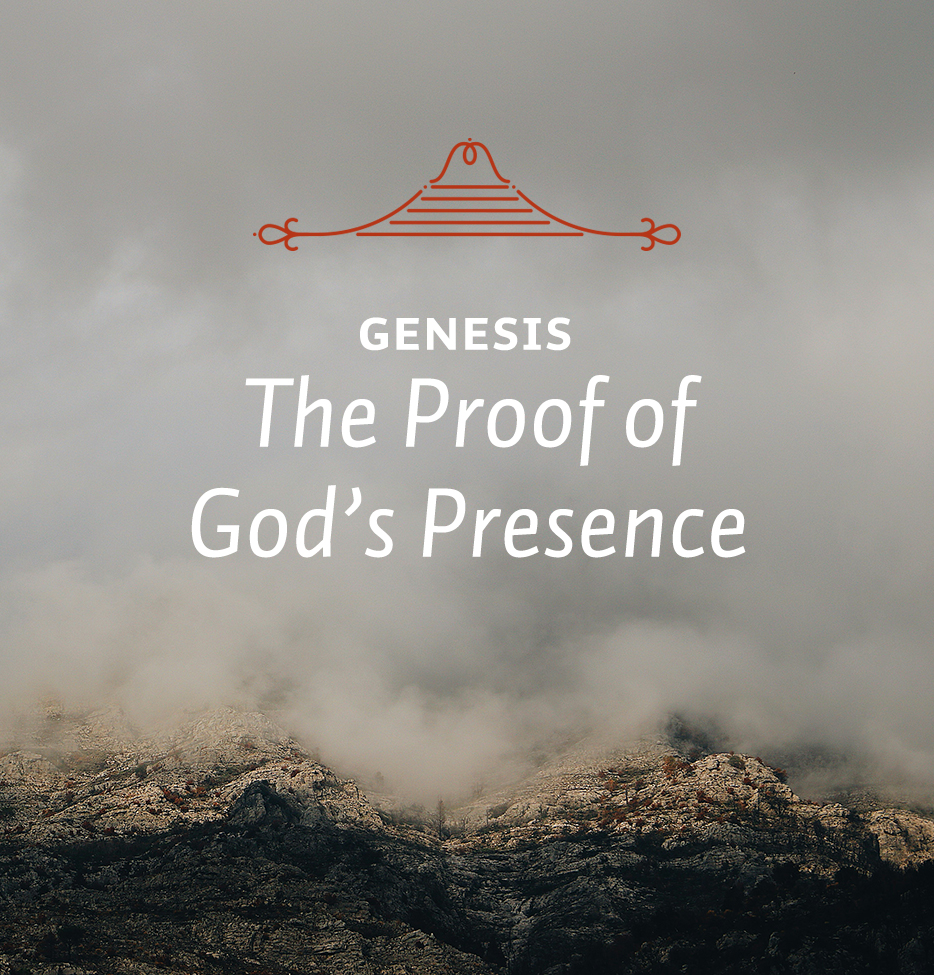An instructive combination of ideas in Genesis 42:24 makes a useful introduction to this study. In the first half of that verse we are told that for the first time Joseph began to break down in the presence of his brothers and weep out of his great love for them. His weeping related to God’s work in bringing them to a confession of sin, which they had made to one another and which Joseph had heard, though they did not know that he had understood them. In the second half of Genesis 42:24 we are told of an entirely different action. “He [that is, Joseph] had Simeon taken from them and bound before their eyes.”
The significance of this combination of ideas is that the brothers were able to see one act and not the other and, seeing only one, had an entirely wrong impression of this Egyptian ruler. When Joseph wept he “turned away from them,” so that they could not see his tears. The time for him to reveal himself as their brother had not yet come. Simeon, on the other hand, was bound “before their eyes.” To the guilty, stricken brothers this sight would be exceedingly painful, in the same category as Zedekiah’s seeing the murder of his sons just before his eyes were put out by Nebuchadnezzar, king of Babylon, whom he had rebelled against (cf. Jer. 52:10-11). The brothers would have judged Joseph to be harsh, vindictive and unfeeling. Little did they know that beneath his rough ways, intended for their good, there was a heart filled with the most compassionate love for them.
It is often that way in our relationship to God. Sin brings God’s harsh treatment, and we see only harsh treatment. We do not see that even this flows from God’s love for us. We do not see that God’s love and discipline are complementary.
At this period of history the capital of Egypt was at Memphis, about ten miles south of the present city of Cairo, and Jacob was presumably still living at Hebron (Gen. 35:27). The distance between these places is about two hundred fifty miles. Travel between them would have taken perhaps three weeks, so this must have been a long and difficult journey for the nine remaining brothers. On the one hand, they must have been experiencing a measure of relief. They had been in danger of their lives and had been imprisoned. Now they had been released and were on their way home. On the other hand they were returning without Simeon, who had been required to remain in the prime minister of Egypt’s prison. How would they explain Simeon’s incarceration to their father? In addition, they had been buffeted by God to the point at which they had actually confessed to one another their sin of selling Joseph into slavery.
The brothers must have been relieved yet anxious, grateful yet troubled. They did not need another shock, another unsettling circumstance. Yet this is what they received from God as He continued to work upon their softening consciences.






